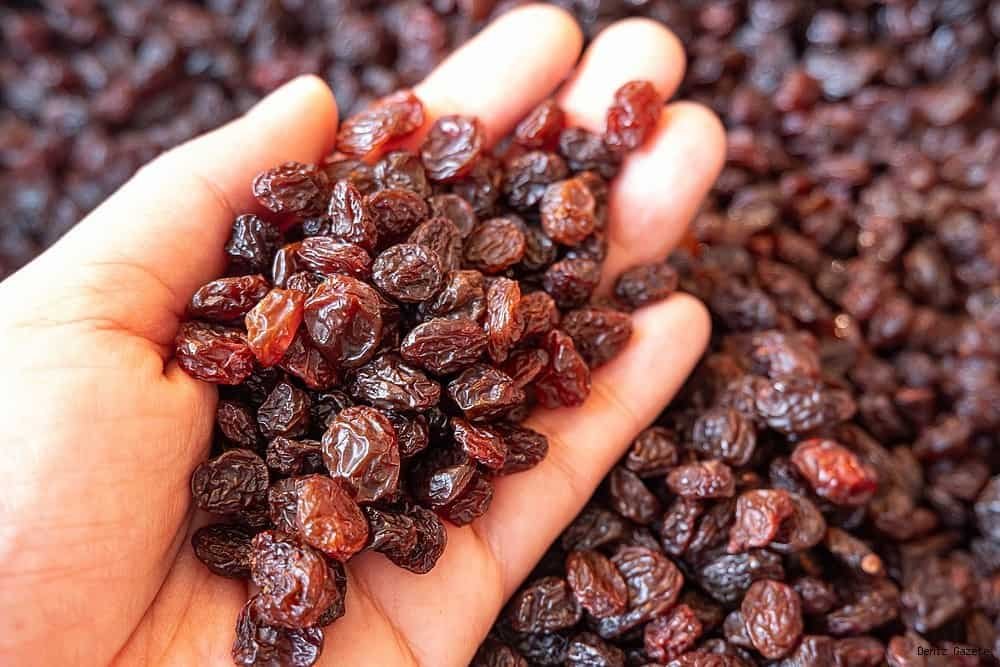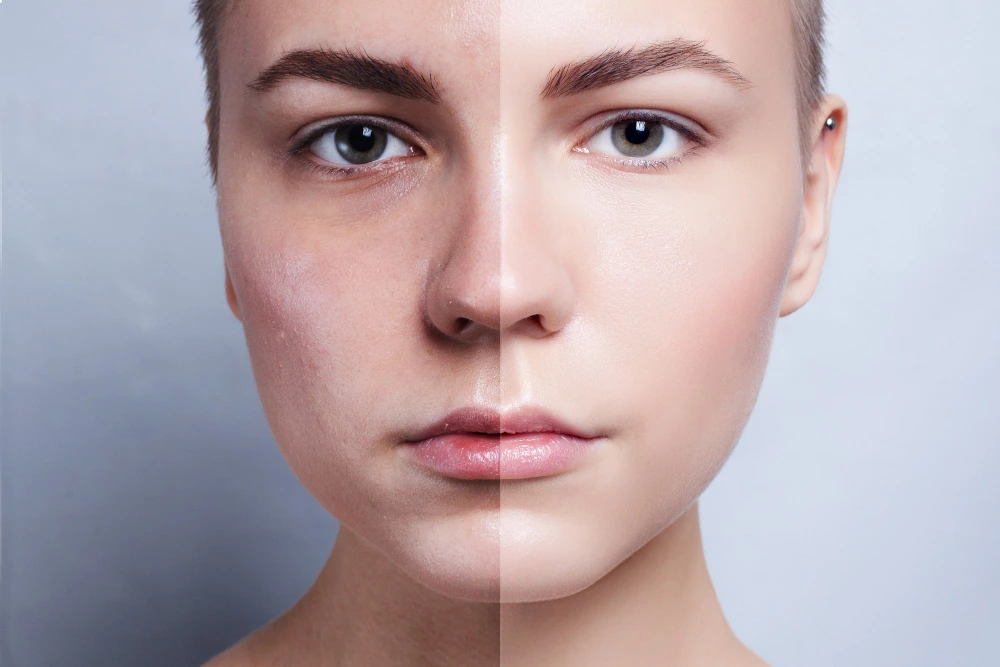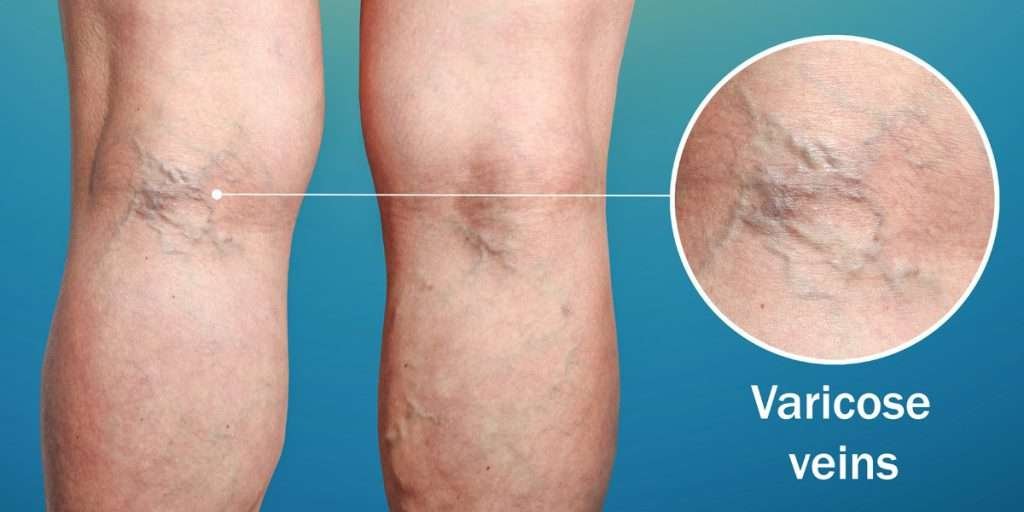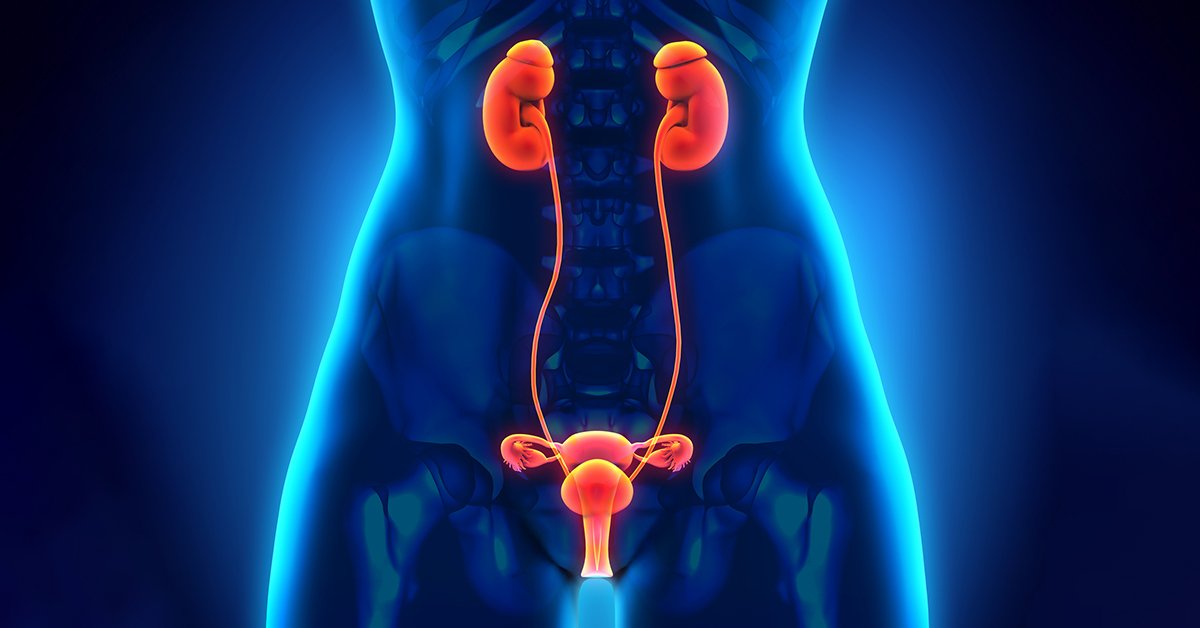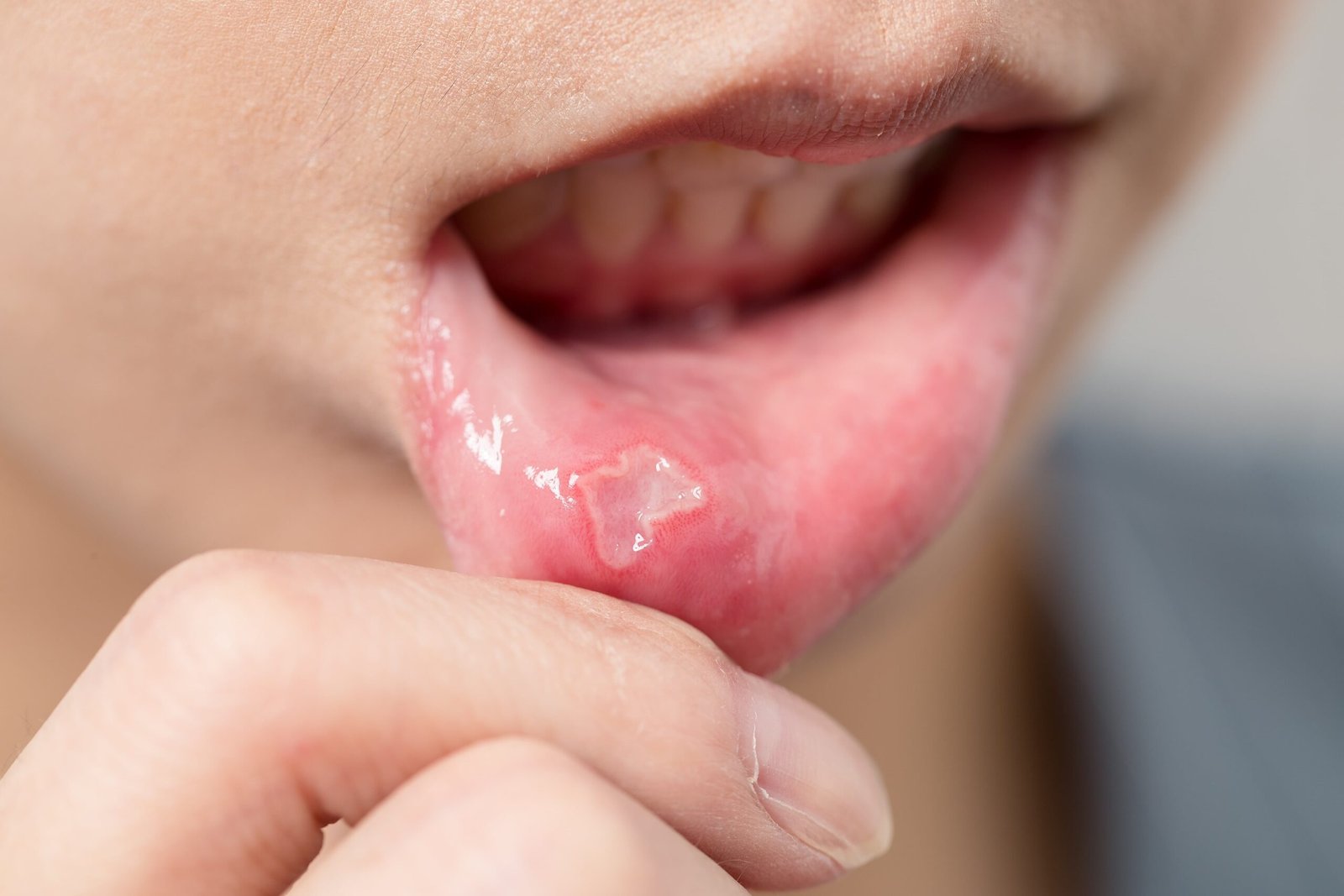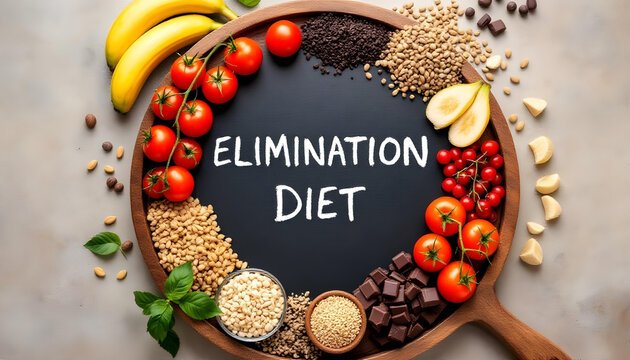If you are living with diabetes, you probably have questions like:
-
“Can I eat raisins if I have diabetes?”
-
“Do raisins raise blood sugar?”
-
“How many raisins are safe for diabetics?”
The short answer is: Yes, diabetics can eat raisins—but in moderation.
Raisins are dried grapes loaded with fiber, antioxidants, potassium, and natural energy. They can be a healthier snack compared to cookies, cakes, or candies. However, they also contain natural sugars (fructose & glucose), which means portion control is essential.
🥗 Nutritional Profile of Raisins
Here’s what 100 grams of raisins roughly contain:
-
Calories: 299 kcal
-
Carbohydrates: 79 g
-
Natural Sugars: 59 g
-
Fiber: 3.7 g
-
Protein: 3 g
-
Potassium: 749 mg
-
Calcium: 50 mg
-
Iron: 1.9 mg
-
Antioxidants: Polyphenols & phenolic acids
👉 Takeaway: Raisins are nutrient-dense, offering quick energy, fiber, and minerals—but they are also carb-heavy, which makes portion size critical for diabetics.
📊 Glycemic Index (GI) of Raisins
The glycemic index (GI) measures how quickly a food raises blood sugar.
-
Raisins have a GI of 55–65, which is considered low-to-moderate.
-
The glycemic load (GL) of a small serving is moderate, meaning it won’t spike blood sugar as drastically as pure sugar or white bread.
✔ This makes raisins safer than refined sweets, but still not something to overeat.
💚 Health Benefits of Raisins for Diabetics
Eating raisins in moderation offers several health benefits:
1. Improves Blood Sugar Control
-
Studies show raisins help reduce fasting blood sugar and post-meal spikes.
-
Raisins may improve HbA1c levels (long-term glucose control).
2. Supports Heart Health
-
Rich in potassium → lowers blood pressure.
-
Contains antioxidants that reduce inflammation and risk of heart disease.
3. Boosts Digestive Health
-
High fiber → promotes healthy digestion & bowel movement.
-
Prevents constipation, a common issue in diabetics.
4. Natural Energy Source
-
Provides quick energy, ideal for midday fatigue.
-
Better than energy drinks or candy for a sweet boost.
5. Weight Management
-
Despite natural sugars, raisins are low in fat.
-
Small portions can curb sweet cravings, preventing overeating of unhealthy snacks.
⚠️ Risks of Eating Raisins with Diabetes
While raisins are healthy, they still need caution:
-
High in natural sugar → overeating can raise blood glucose quickly.
-
Carb-dense → 2 tablespoons (30 g) = ~22 g carbs.
-
Sticky texture → may stick to teeth, increasing dental risk (important for diabetics prone to gum disease).
-
Portion misjudgment → easy to overeat since they’re small & sweet.
👉 That’s why diabetics must practice strict portion control.
🍽️ How Many Raisins Can a Diabetic Eat Daily?
-
Safe serving: 1–2 tablespoons (20–30 grams) of raisins per day.
-
That’s about 20–25 raisins.
-
Pair raisins with protein or healthy fat (nuts, yogurt, seeds) to reduce sugar spikes.
⚖️ Always consult your doctor or dietitian for personalized advice, as safe intake may vary depending on your blood sugar control and activity level.
🍴 15 Delicious & Healthy Ways to Eat Raisins for Diabetics
-
Trail Mix – Combine with nuts & seeds for a balanced snack.
-
On Popcorn – Sprinkle raisins for a sweet & salty combo.
-
In Salads – Add raisins to leafy green or fruit salads.
-
With Oatmeal or Cereal – Sprinkle over whole grains.
-
Baked Goods – Mix into oatmeal cookies or whole-grain bread.
-
Smoothies – Blend into a protein-rich smoothie.
-
Yogurt Topping – Add to plain Greek yogurt.
-
Bagel Spread – Pair with banana mash or nut butter.
-
Sweet Potato Mix – Combine with roasted or mashed sweet potatoes.
-
Ants on a Log – Celery + peanut butter + raisins.
-
Sandwich Add-on – Add to chicken or tuna salad sandwiches.
-
Pancake Batter – Stir into whole-grain pancakes.
-
With Milk – Mix a few raisins into warm milk at night.
-
Raisin Butter – Blend raisins with cinnamon for a spread.
-
Soaked Overnight – Eat soaked raisins in the morning for digestion & detox.
🛑 Best Practices for Diabetics Eating Raisins
-
✅ Measure portions (don’t snack straight from the box).
-
✅ Choose natural raisins (unsweetened, organic, sulphur-free).
-
✅ Pair with protein/fiber (nuts, yogurt) to slow sugar absorption.
-
✅ Eat as part of a meal, not on an empty stomach.
-
✅ Monitor blood sugar after eating to check your response.
-
❌ Avoid sugar-coated or flavored raisins.
❓ FAQs About Raisins & Diabetes
Are raisins bad for diabetics?
👉 No, but portion size matters.
Do raisins raise blood sugar?
👉 Yes, but less than refined sugar snacks.
How many raisins can diabetics eat daily?
👉 About 20–25 raisins (1–2 tbsp).
Which raisins are best?
👉 Organic, unsweetened raisins without additives.
Can raisins replace candy?
👉 Yes, in moderation—they’re a healthier alternative.
✅ Conclusion
So, are raisins good for diabetics?
✔ Yes—when eaten in moderation.
Raisins are a natural source of fiber, antioxidants, and minerals that support digestion, heart health, and energy levels. But since they contain natural sugars and carbs, portion control is non-negotiable.
✨ The best way for diabetics to enjoy raisins is to:
-
Limit to 1–2 tbsp per day
-
Pair with protein or fiber-rich foods
-
Choose unsweetened, natural raisins
This way, raisins can be a safe, sweet, and healthy part of a diabetes-friendly diet.
👉 For more diabetes diet tips, visit FitandHealthful.

